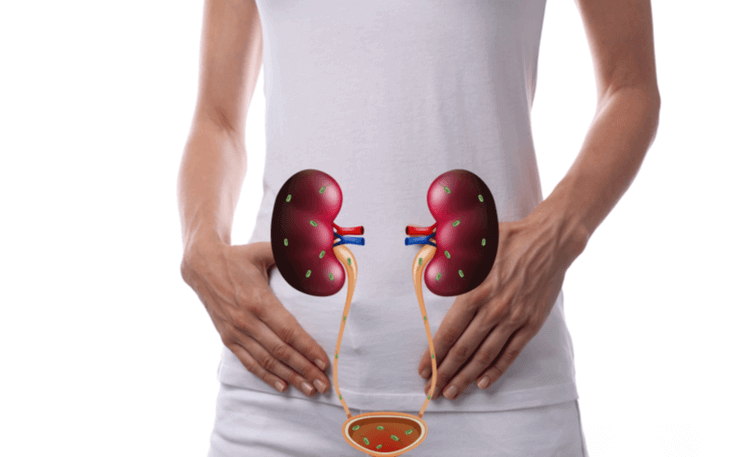UTI or Urinary Tract Infections refer to bacterial infections which affect the urinary system of the body. This is a common disease and is not very harmful- although there are exceptions. The Urinary Tract of a human being consists of the bladders, kidneys, ureters and urethra, the latter two of which are tubes connecting the organs to various parts. Pyelonephritis refers to the UTI where the bacteria are in the kidneys, while cystitis is used to refer to the UTI in the bladder.
Whom Does It Affect?
UTIs are common in humans and can affect anyone regardless of age or gender. However, you are more susceptible to UTIs if you are a woman, are overweight, have something like a stone or an enlarged prostate which results in a blockage in the passage of urine or use spermicide or a diaphragm for birth control. Many of these traits may also complicate the disease, and increase the risk of this becoming something serious.
Causes of UTIs
The bacteria which cause the infection in the urinary tract are almost always found in your gut, like E.coli. Staphylococcus, Proteus, Klebsiella, Enterococcus and Pseudomonas are the other bacteria which can cause the disease. If you also have autoimmune diseases or diabetes, the immune system of your body is already weakened. In such cases, you cannot fight off the germs which cause these infections, and UTIs may become more common.
How will You Know that You Have UTI?
There are many symptoms of UTI which are readily observable and may give you an indication that there are problems in your body. The most common symptom is a burning sensation when you urinate. The pain may persist in your lower belly or above the bladder, at all times- it becomes more painful when you are peeing. You might also feel an urge to pee right away and often, and may be able to pee only a small amount at a time. Back pain is also common at this time.
The urine may become bloody, cloudy or unnaturally smelly if you have a UTI. In men, pain in the scrotum area, and bloody semen are also commonly observed in people affected by the infection. If all of these symptoms occur along with fever, chills or nausea, it might be something more severe like a kidney infection- consult a doctor right away.
Diagnosis
A UTI test is the most common way to check if you have a UTI and can be checked at home itself. Portea provides its customers with the option to carry out a lab test at home so that the patients do not find it uncomfortable to get tested.
A Urine Culture test is carried out to check if there are germs in the urine which could lead to infection. The urine itself does not have germs. If there are any in your urine, it will be from the Urinary Tract Infection. If the test result comes out to be positive, it means that there are some bacteria present in the urine.
The procedure of a Urine Culture Test
The patient should preferably be on an empty stomach, and the urine is collected early in the morning. The sample urine must be from mid-stream and should be collected in a sterilised, clean bottle. The Urine Routine tests are usually declared within 16 hours after the collection of the sample, while the urine culture test takes around 72 hours to be completed.
How Can We Help?
A Urinary Tract Infection may not be extremely harmful, but it sure is a painful problem. The patient might feel uncomfortable with the constant pain, which becomes worse when he is peeing. In this condition, it will not be possible for him to go to the lab for a UTI test. However, with Portea, a lab test at home can be conducted in order to check the extent of the infection right from the comfort of the patient’s home.
Summary
Urinary Tract Infections require only a simple urine sample test to detect what the problem is. However, it can be hard to go the lab for the patient.



